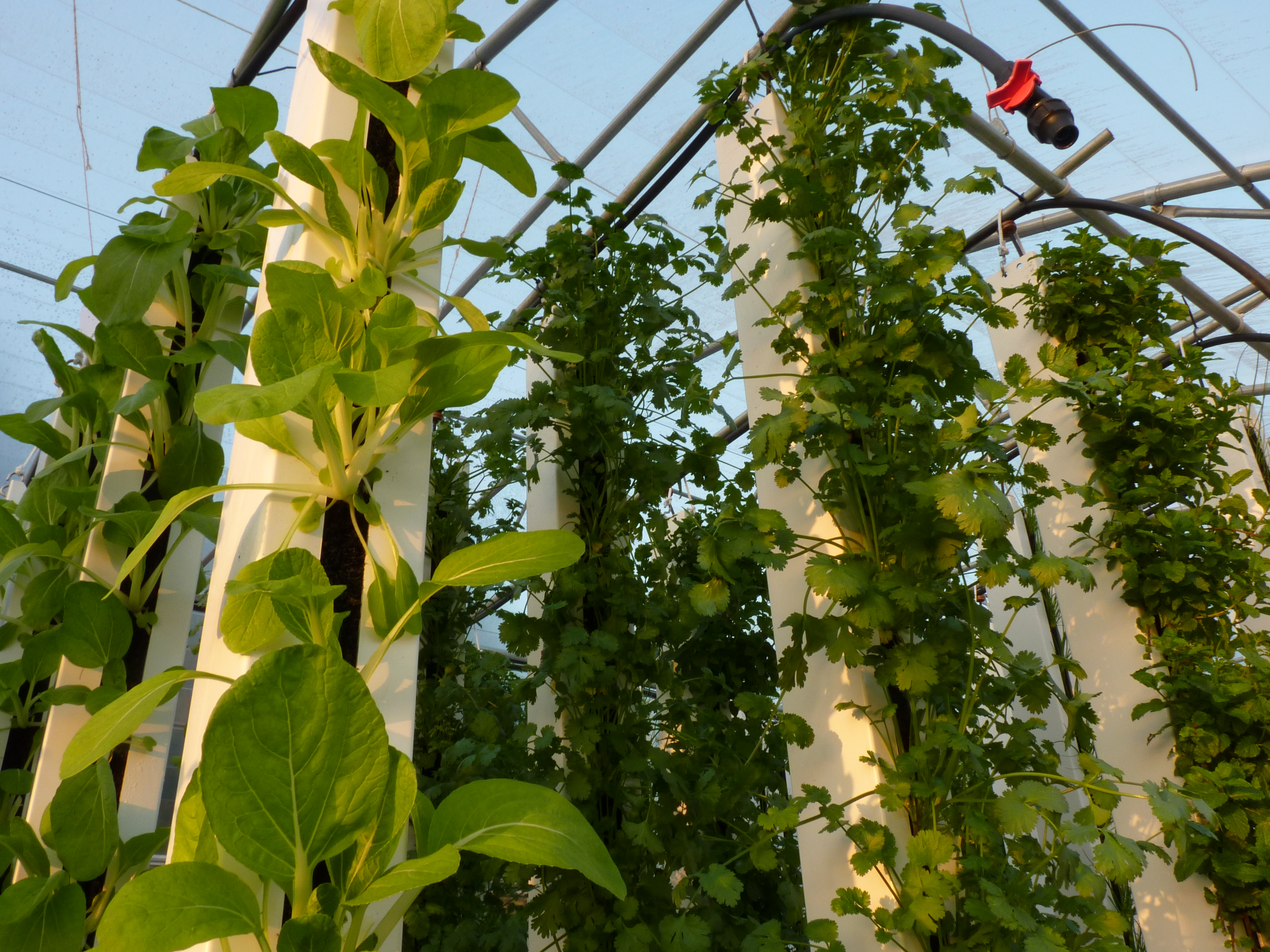As the DECISIVE project progresses, a new publication has been released which defines the methodology and which gives a shape to the future demonstration sites in Catalonia and Lyon after comparing the current and the envisaged structure and features.
This report is meant to give a preliminary characterization of the two demonstration sites (in Catalonia and Lyon) decided “a priori” to implement the DECISIVE technologies: micro-Anaerobic Digestion (mAD), biogas valorisation in a Stirling Engine (SE) and Solid-State Fermentation (SSF) to valorise urban biowaste in decentralized plants.A methodology for characterizing biowaste management systems is developed to compare the current situation (“baseline scenario”) to the estimated situation with the implementation of the DECISIVE pilot (“alternative scenario”) in both case studies.
The characterization of the baseline scenario in a specific area requires to identify its main characteristics (socio-demographic specifications) and the current biowaste management system (system stages, technical requirements and produced outputs such as energy, valuable products, refuse, and emissions). Even if the core of the DECISIVE project is municipal biowaste, the analysis has been extended to municipal waste since the existing municipal waste management system is not always provided with specific treatments for the source separated biowaste. Moreover, a change in biowaste flow management will imply a change in other waste flows as well. This implies that somparing the baseline scenario with the alternative one is necessary to study in order to understand how the biowaste included in the residual waste is currently treated.
The characterization of the alternative scenario includes an overview of the hypothetical configuration of the alternative system, defining the process units and their technical features (surface, supply of consumables, accessibility) and valuable outputs. A list of criteria based on the feasibility, desirability and potential of the alternative system is presented to guide in the site selection process or to check the adequacy of a specific site for the implementation of the alternative system. Besides site selection criteria, relevant technical, legal and social aspects and local energy and material demands are identified to have further elements to decide if a location is appropriate for implementing DECISIVE technologies.
The Catalonia case includes a description of the selection and confirmation process of the specific demonstration site, which was not decided “a priori”, as for the Lyon case. The UAB Campus has been selected as the Catalan demonstration site after having analysing pros and cons for each proposed location. The Catalan pilot is designed with an annual capacity of 200 t obtained gathering mainly biowaste from restaurants of the UAB Campus. For the Lyon case, if this site was already decided at the beginning of the project, the study zone “Lyon study zone” is defined only theoretically (at this stage of the project) as a circular area centered in Refarmers site. The identification of the specific restaurants that will feed the pilot has not started yet at this stage of the project, later a campaign looking for partnering restaurants will be done.
The results of the characterizations presented in this report are preliminary since they are based on the knowledge built on the data gathered until now (in this phase of the project) in both case studies. Confirmation or modification of the information presented in this report, and evaluation of missing data in terms of waste production quantification and qualitative characterization will be provided in a later phase of the DECISIVE project.
You can download and read the report from the Library on this page.

